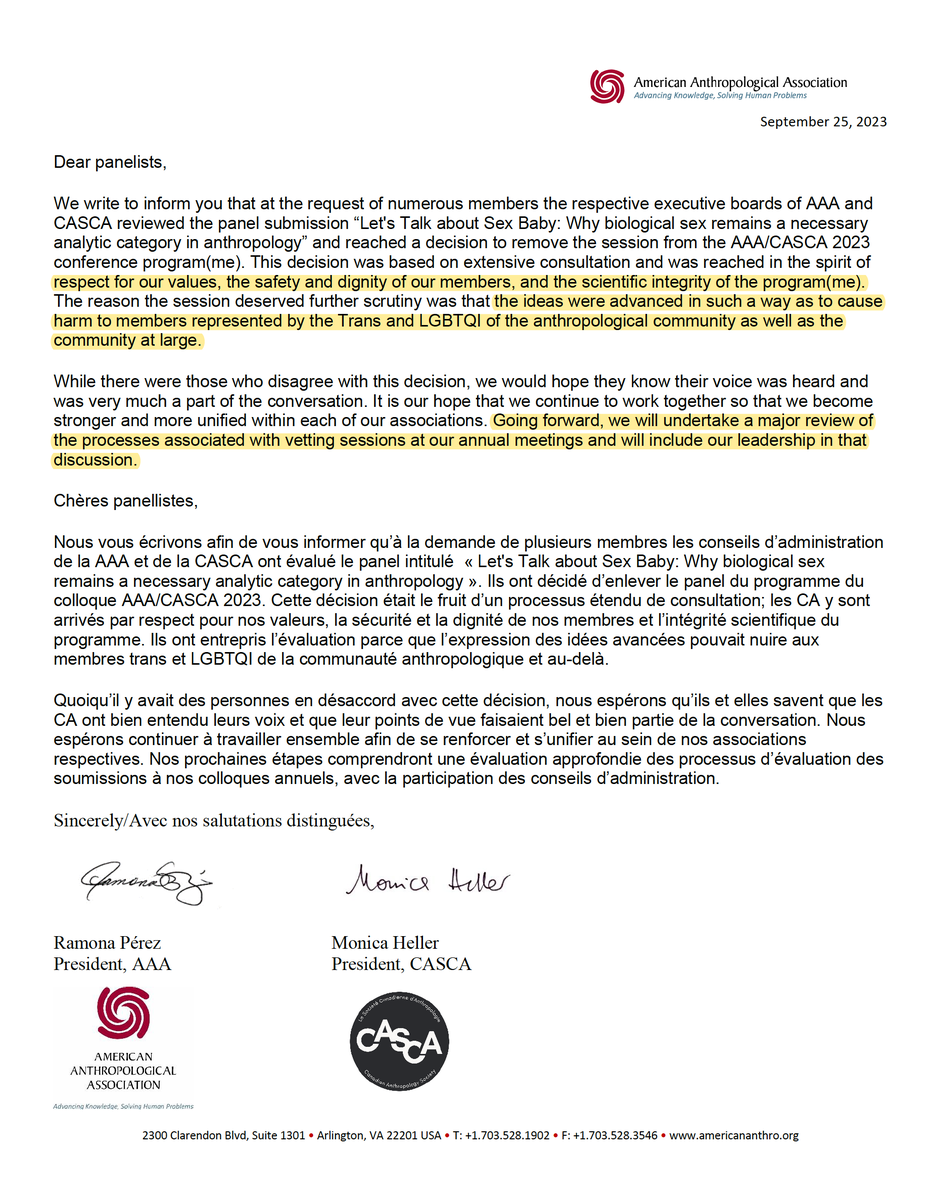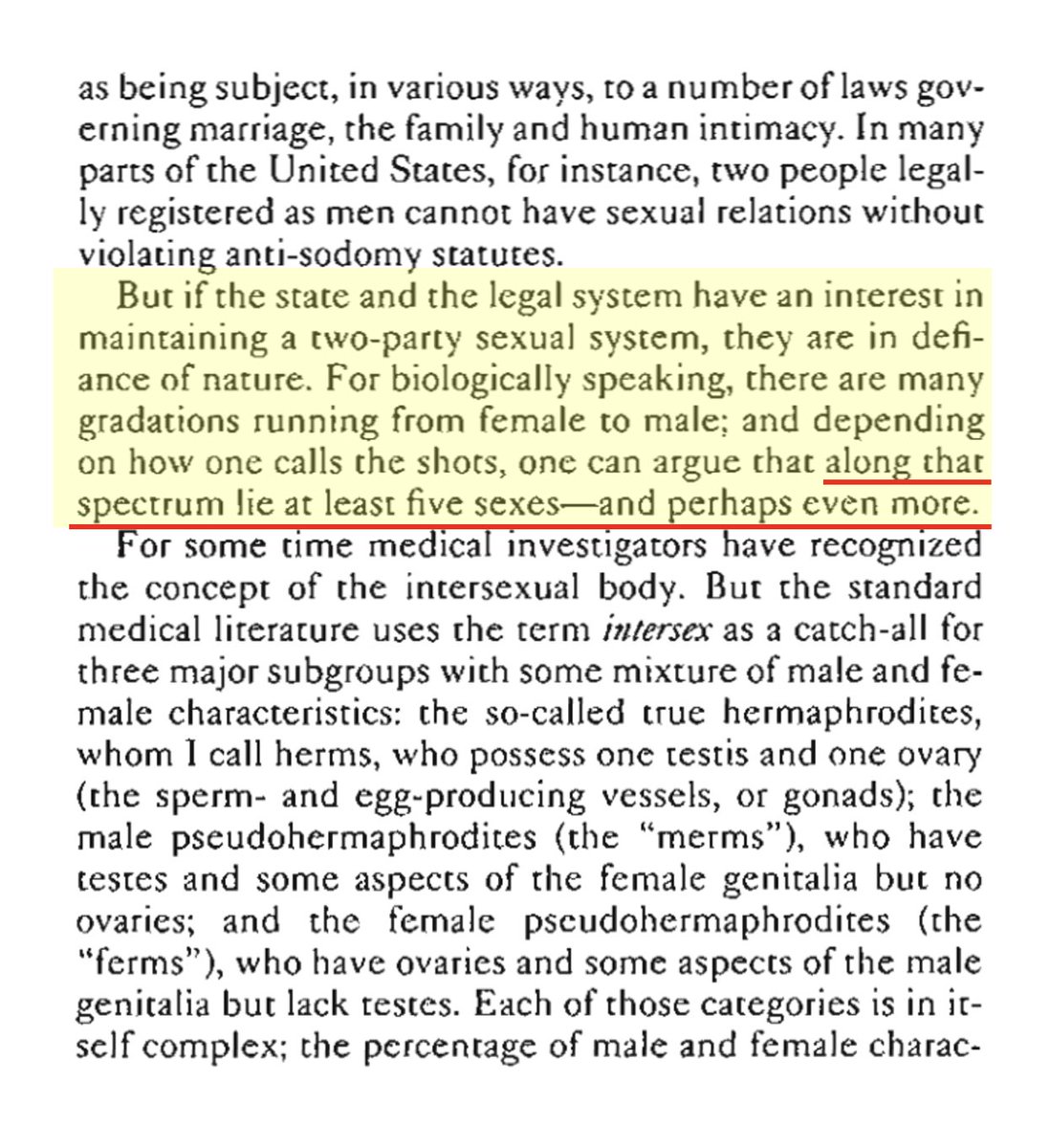This is a pertinent clip from Sam Harris on the moral difference between Israel and her enemies.
The moral difference comes down to understanding the answer to this question: what would each side do if they had the power to do it?
TRANSCRIPT:
The truth is that there is an obvious, undeniable, and hugely consequential moral difference between Israel and her enemies. The Israelis are surrounded by people who have explicitly genocidal intentions towards them. The charter of Hamas is explicitly genocidal. It looks forward to a time, based on Koranic prophesy, when the earth itself will cry out for Jewish blood, where the trees and the stones will say “O Muslim, there’s a Jew hiding behind me. Come and kill him.” This is a political document. We are talking about a government that was voted into power by a majority of Palestinians.
The discourse in the Muslim world about Jews is utterly shocking. Not only is there widespread Holocaust denial—there’s Holocaust denial that then asserts that we will do it for real if given the chance. The only thing more obnoxious than denying the Holocaust is to say that it should have happened; it didn’t happen, but if we get the chance, we will accomplish it. There are children’s shows in the Palestinian territories and elsewhere that teach five-year-olds about the glories of martyrdom and about the necessity of killing Jews.
And this gets to the heart of the moral difference between Israel and her enemies. And this is something I discussed in The End of Faith. To see this moral difference, you have to ask what each side would do if they had the power to do it.
What would the Jews do to the Palestinians if they could do anything they wanted? Well, we know the answer to that question, because they can do more or less anything they want. The Israeli army could kill everyone in Gaza tomorrow. So what does that mean? Well, it means that, when they drop a bomb on a beach and kill four Palestinian children, as happened last week, this is almost certainly an accident. They’re not targeting children. They could target as many children as they want. Every time a Palestinian child dies, Israel edges ever closer to becoming an international pariah. So the Israelis take great pains not to kill children and other noncombatants.
What do we know of the Palestinians? What would the Palestinians do to the Jews in Israel if the power imbalance were reversed? Well, they have told us what they would do. For some reason, Israel’s critics just don’t want to believe the worst about a group like Hamas, even when it declares the worst of itself. We’ve already had a Holocaust and several other genocides in the 20th century. People are capable of committing genocide. When they tell us they intend to commit genocide, we should listen.
There is every reason to believe that the Palestinians would kill all the Jews in Israel if they could. Would every Palestinian support genocide? Of course not. But vast numbers of them—and of Muslims throughout the world—would. Needless to say, the Palestinians in general, not just Hamas, have a history of targeting innocent noncombatants in the most shocking ways possible. They’ve blown themselves up on buses and in restaurants. They’ve massacred teenagers. They’ve murdered Olympic athletes. They now shoot rockets indiscriminately into civilian areas. And again, the charter of their government in Gaza explicitly tells us that they want to annihilate the Jews—not just in Israel but everywhere.
The moral difference comes down to understanding the answer to this question: what would each side do if they had the power to do it?
TRANSCRIPT:
The truth is that there is an obvious, undeniable, and hugely consequential moral difference between Israel and her enemies. The Israelis are surrounded by people who have explicitly genocidal intentions towards them. The charter of Hamas is explicitly genocidal. It looks forward to a time, based on Koranic prophesy, when the earth itself will cry out for Jewish blood, where the trees and the stones will say “O Muslim, there’s a Jew hiding behind me. Come and kill him.” This is a political document. We are talking about a government that was voted into power by a majority of Palestinians.
The discourse in the Muslim world about Jews is utterly shocking. Not only is there widespread Holocaust denial—there’s Holocaust denial that then asserts that we will do it for real if given the chance. The only thing more obnoxious than denying the Holocaust is to say that it should have happened; it didn’t happen, but if we get the chance, we will accomplish it. There are children’s shows in the Palestinian territories and elsewhere that teach five-year-olds about the glories of martyrdom and about the necessity of killing Jews.
And this gets to the heart of the moral difference between Israel and her enemies. And this is something I discussed in The End of Faith. To see this moral difference, you have to ask what each side would do if they had the power to do it.
What would the Jews do to the Palestinians if they could do anything they wanted? Well, we know the answer to that question, because they can do more or less anything they want. The Israeli army could kill everyone in Gaza tomorrow. So what does that mean? Well, it means that, when they drop a bomb on a beach and kill four Palestinian children, as happened last week, this is almost certainly an accident. They’re not targeting children. They could target as many children as they want. Every time a Palestinian child dies, Israel edges ever closer to becoming an international pariah. So the Israelis take great pains not to kill children and other noncombatants.
What do we know of the Palestinians? What would the Palestinians do to the Jews in Israel if the power imbalance were reversed? Well, they have told us what they would do. For some reason, Israel’s critics just don’t want to believe the worst about a group like Hamas, even when it declares the worst of itself. We’ve already had a Holocaust and several other genocides in the 20th century. People are capable of committing genocide. When they tell us they intend to commit genocide, we should listen.
There is every reason to believe that the Palestinians would kill all the Jews in Israel if they could. Would every Palestinian support genocide? Of course not. But vast numbers of them—and of Muslims throughout the world—would. Needless to say, the Palestinians in general, not just Hamas, have a history of targeting innocent noncombatants in the most shocking ways possible. They’ve blown themselves up on buses and in restaurants. They’ve massacred teenagers. They’ve murdered Olympic athletes. They now shoot rockets indiscriminately into civilian areas. And again, the charter of their government in Gaza explicitly tells us that they want to annihilate the Jews—not just in Israel but everywhere.
This is from episode 2 of his Making Sense podcast titled "Why Don't I Criticize Israel?" published in 2014.
samharris.org/podcasts/makin…
samharris.org/podcasts/makin…
• • •
Missing some Tweet in this thread? You can try to
force a refresh

 Read on Twitter
Read on Twitter













